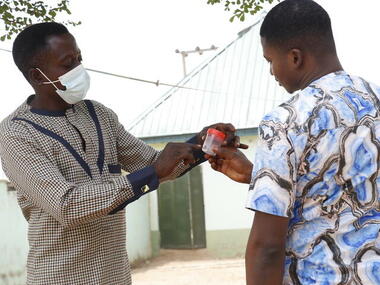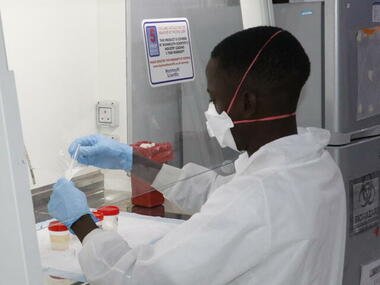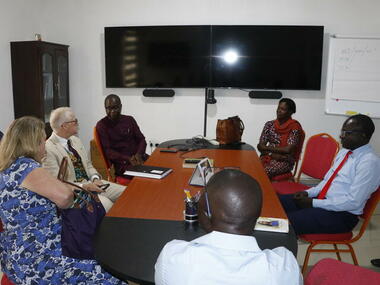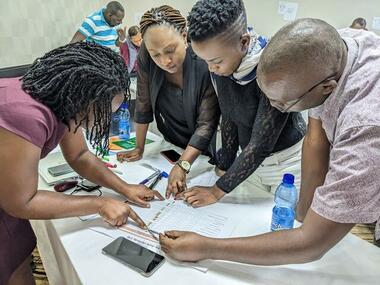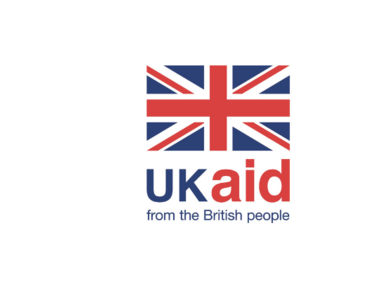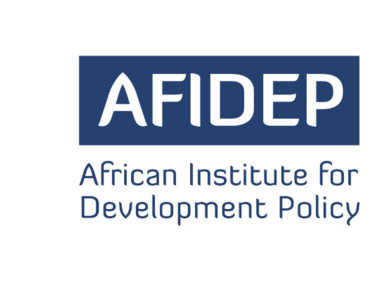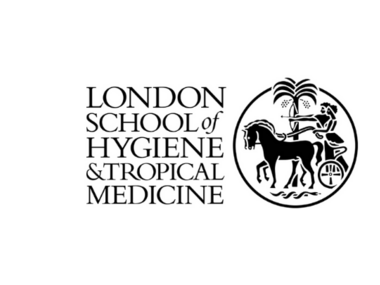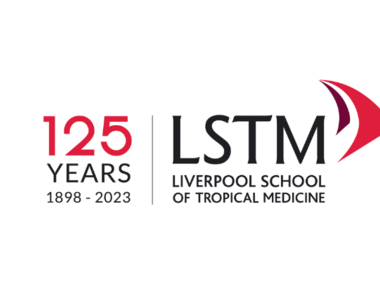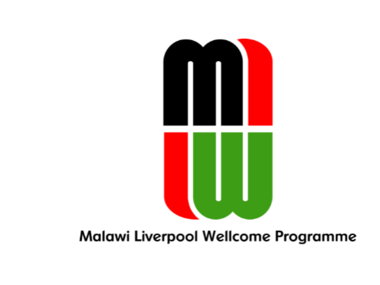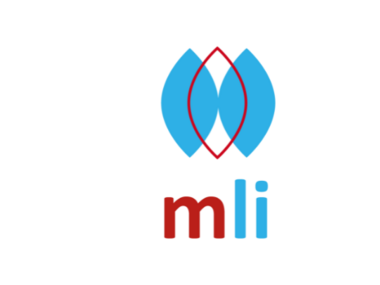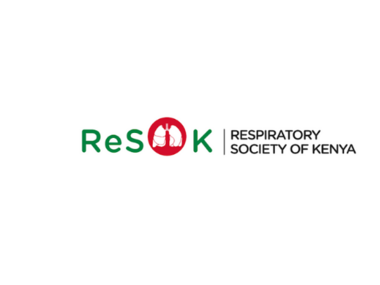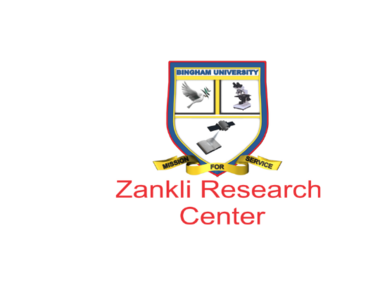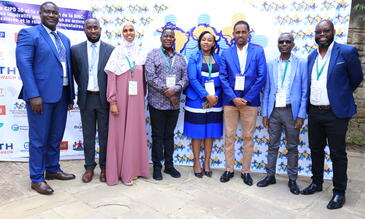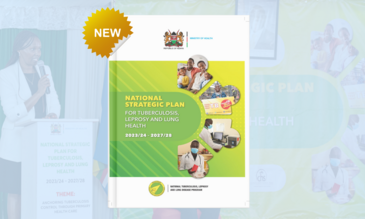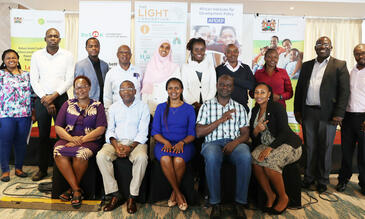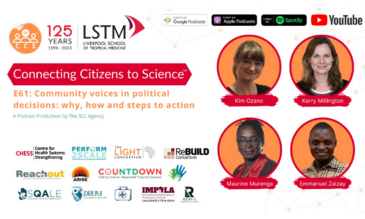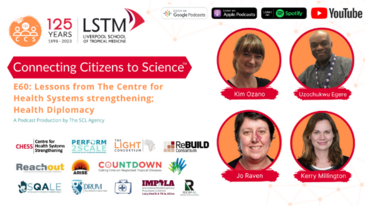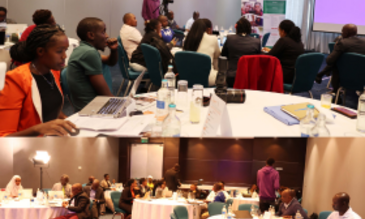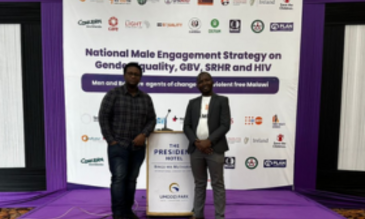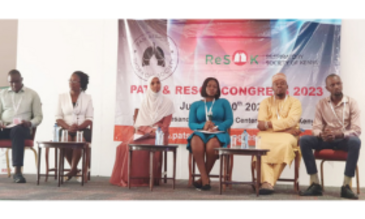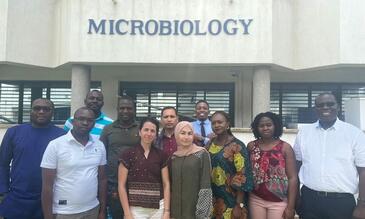LIGHT is a six-year cross-disciplinary global health research programme funded by UK aid, led by LSTM in collaboration with partners in Kenya, Malawi, Nigeria, Uganda, and the UK. LIGHT aims to support policy and practice in transforming gendered pathways to health for people with TB in urban settings. This will lead to enhanced overall health and well-being, improved socio-economic outcomes, equity, and will contribute to the efforts of ending TB.
Tuberculosis (TB) is the second leading infectious killer after COVID-19. Globally, in 2022, 1.1 million people died from TB and an estimated 10.6 million people fell with TB, with the WHO African region accounting for 2.5 million cases. Of those who fell ill with TB, 3.1 million people were not detected or officially notified and did not receive the care they needed (World Health Organization’s 2023 Global Tuberculosis Report).
Yet, TB is a preventable and curable disease. In 2022, 3.8 million lives were saved through TB diagnosis and treatment. Ending TB by 2030 is one of the health-related targets of the 2015 United Nations Sustainable Development Goals. To reach this goal, progress must be expedited through accelerating the introduction and scale-up of technological breakthroughs for TB, inlcuding rapid diagnosis, new treatments, and vaccine development, as well as adopting gender-equitable support packages.
Gender and TB
Gender plays a significant role in determining health outcomes, including equitable access to quality TB prevention and care. People of different genders face different challenges and thus require tailored solutions to access the care they need. Globally, in 2022, more than half of people with TB were men (55% of all TB cases compared to 33% among adult women and 12% among children); and two out of every three cases of TB which go undiagnosed or not notified, are in men.
The LIGHT consortium aims to contribute to real-world change through generating new evidence to inform policies that are gender-responsive and effectively actioned to improve male access to quality TB care; to reduce the number of people with TB-related ill health and deaths; to reduce transmission to the wider community, including to women and girls; and to reduce devastating associated costs for those with TB and their families.



